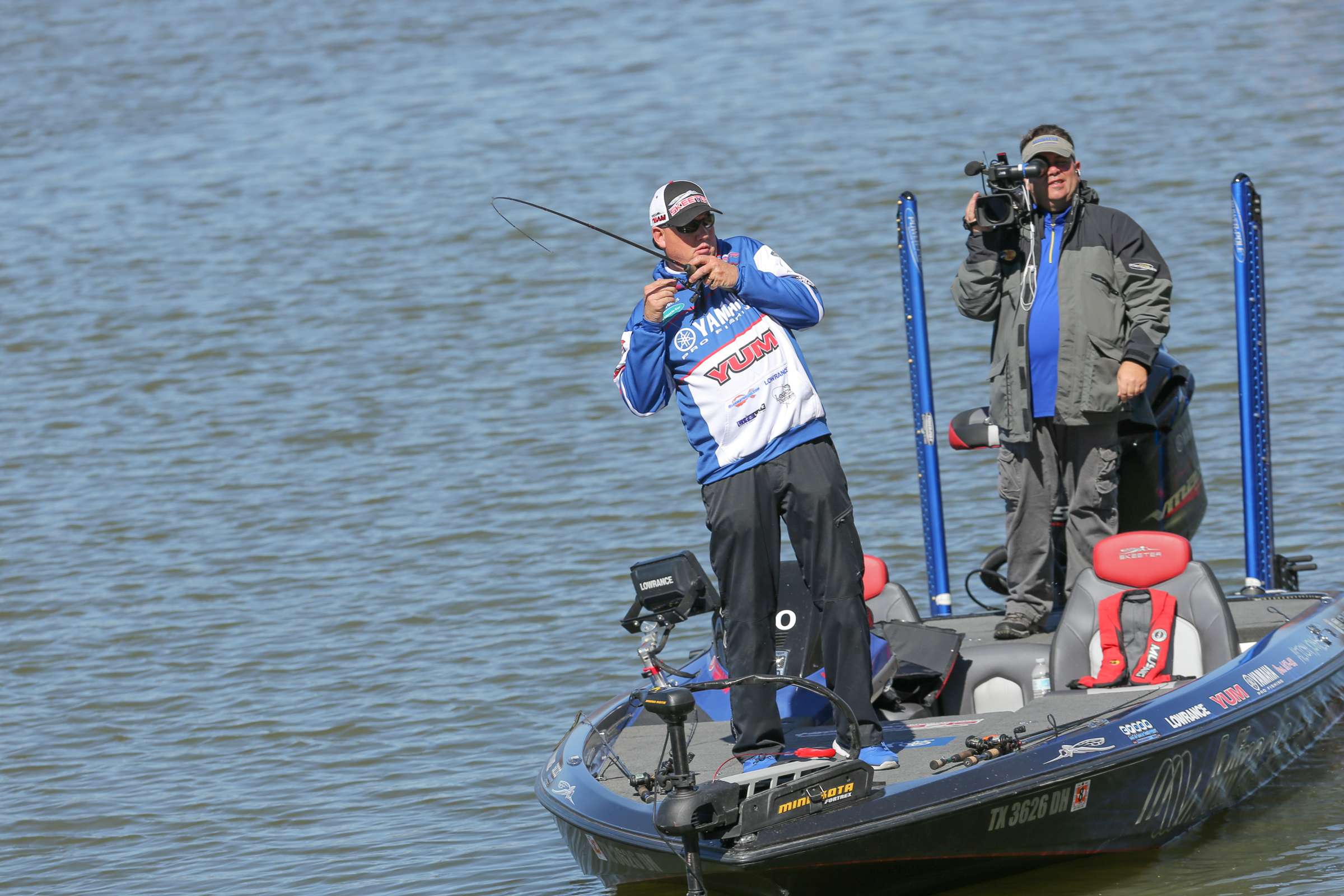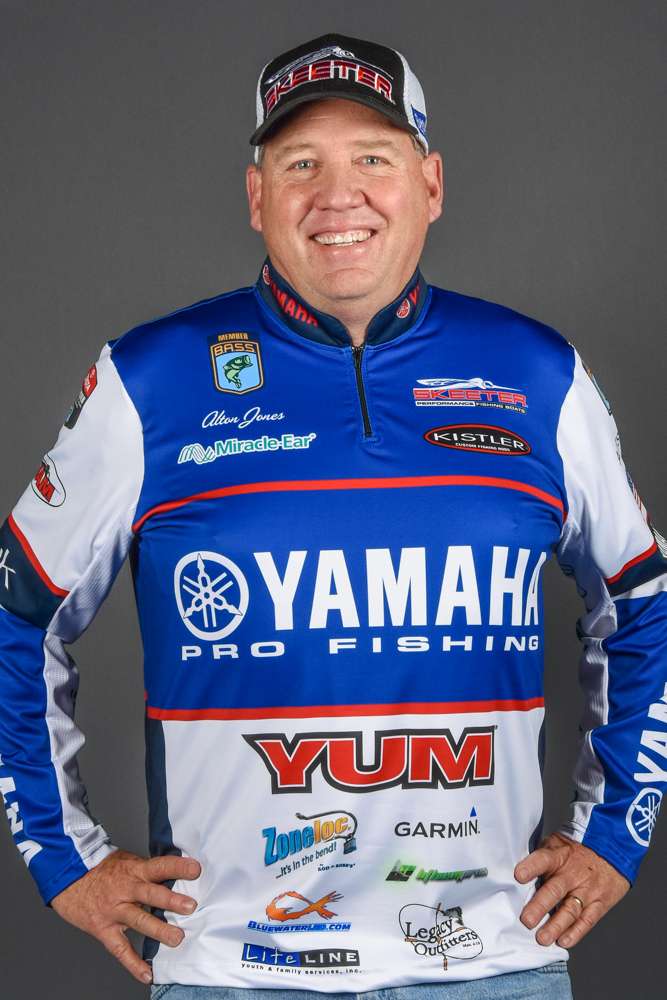
Numbers are important to me. Obviously, the numerical value of the fish I weigh in each tournament matters greatly to me, but the interest goes much deeper.
For me, numbers play a key role in goal setting. Each year, my main goals include qualifying for the Bassmaster Classic, winning the Classic and winning Angler of the Year. As the season progresses and the picture becomes more realistic, I will periodically reassess and adjust as needed.
Numbers are essential to this process — specifically, my standings in the season’s points. For example, I know I cannot win Angler of the Year for 2016. That’s simply not mathematically possible.
So, with one regular season event and the AOY Championship at Mille Lacs remaining, it’s time to reevaluate and see what I do hope to achieve at the end of the season. I’ll explain the numbers in a moment, but for now, I’ll explain where I’ll say that my overriding goal is to finish strong. To do so, I’ve broken that down into some smaller pieces to actually define what that means.
At the end of the season, unless you one of the two or three guys who have a realistic shot at Angler of the Year, your goals need to change. Every one of us on the Elite Series started with the dream and goal of winning that title, but at this point the math helps me determine what is realistic and what it is that I need to accomplish to finish strong.
The main goal that’s still in play is qualifying for the Bassmaster Classic. Achieving that goal would mean as much to me this year as any year I’ve ever qualified — maybe even more — because for the first time in my career, the Classic will be held in my home state of Texas.
It would mean the world to me to be one of the competitors that qualifies to participate in that event. Even though I live three hours away from the tournament site on Lake Conroe in Houston, that will still be somewhat of a hometown crowd for me.
Believe me when I say that I want to have the chance to make them proud.
Now here’s where the numbers become significant. One of my goals is to enter the Angler of the Year Championship only needing to catch one bass to ensure my Bassmaster Classic qualification.
That means I need to have a 50-point buffer over the last guy going into the AOY Championship. Even though there’s 108 points given out at that event, there’s only 50 anglers. So, as long as you catch a bass, the worst you can do is be 50 points behind a certain angler.
Because that’s the most amount of ground I could lose in that event, as long as I go in with a 50-point cushion, if I catch one bass, I’m automatically in the Classic.
Now, at this point, after eight tournaments, I have a 49-point buffer. So, basically, I’m right at the threshold of where I need to be going into the AOY Championship. My seasonal points total so far is 550. Dividing that by eight tournaments averages 69 points per event.
Each tournament awards 108 points to first place, which means to get 69 points, you have to finish 39th place or higher. Essentially, 108 minus 69 equals 39, which is the lowest place I can finish to ensure a Classic berth.
Don’t get me wrong; I’m not shooting for 39th place. But if I can get 39th place or higher, that would mean I’ve accomplished one major goal for the season — qualifying for the Classic.
Getting within one bass of the Classic is really all I can do at this point. That would be a virtual lock-in, assuming I don’t zero every day at Mille Lacs.
I’ll close by saying that this attention to numbers also applies to tournament practice and individual tournament days, as well. For one thing, having a goal helps keep my mind engaged in practice. It’s not some meaningless platitude; it’s about an actually attainable goal of finding as many spots with tournament-winning fish as possible.
The same is true for each day of competition. The most important thing about goals is that they have to be achievable. So as the tournament goes on, those goals may need to change based on what’s happening.
After day two, if I’m sitting somewhere in the top-20, that goal of making sure I’m in the top 39 may change to “Hey, let’s make a top-12 here.” Or if I’m sitting in the top-12, that goal may really change to “Let’s win the tournament.”
Every time I fish a tournament, my fundamental goal is to win it. But even if you fish as strong as you can and fish flawlessly, when you’re trying to beat 107 other guys, it’s hard to win an Elite event. So that goal is a little nebulous.
That’s why I may refine my specific goal up as the week unfolds. Hopefully, I never have to refine a goal down.
Bottom line, one goal should never be a roadblock; it should be a springboard to the next goal, achievement or victory.
Going into this last regular-season event, there’s a lot on the line, but the numbers help me clearly see the course to my stated goals.

